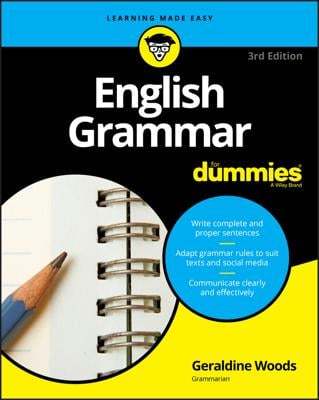In English grammar, you need to know when to capitalise words. Sometimes the capital letter signifies the part of a sentence or simply indicates someone's name (proper nouns). Use capital letters for the following:
Specific names: Capital letters are used for the names of people, places, and brands. (Bill, Mrs. Jones, River Dee, Burberry). Lowercase letters are for general names (girls, mountains, clothing).
First word: The first word in a sentence, a title, or a subtitle is always capitalised.
Personal pronoun: The pronoun I, referring to the speaker or writer, should be capitalised.
Titles of full-length literary works: The first word in the title of a book, play, newspaper, or magazine, plus all the important words, should be capitalised. (God Save the Queen, The Times, A Tale of Two Cities). If you have a subtitle, capitalise only the first word, specific names, and the personal pronoun I.
Titles of songs, poems, and articles: Capitalise the first word, proper names, and the personal pronoun I.
Titles for people: When a title comes before a name, capitalise it (Reverend Ames). After the name, capitalise titles only when they refer to very important positions (Prime Minister, Secretary General of the United Nations).

